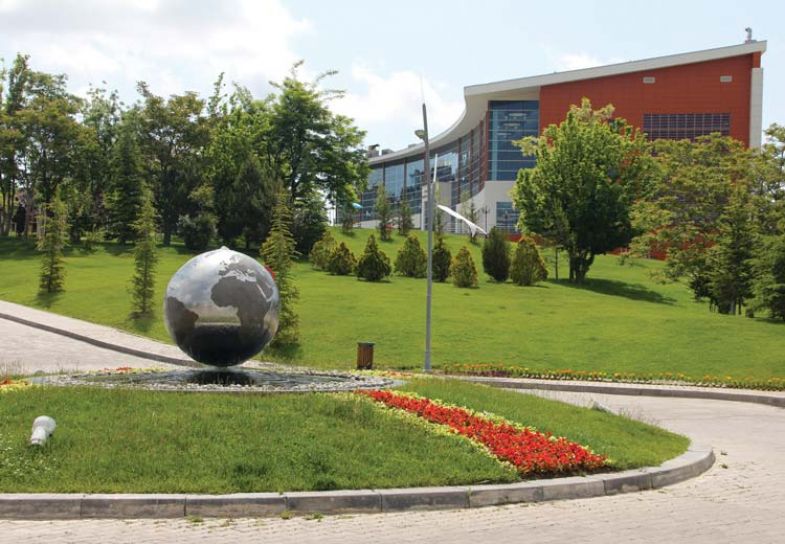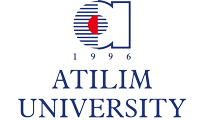
With its proactive and innovative research programmes, Atilim University plans to increase its impact and reach its potential as a top-ranking research and teaching institution
Drafting an effective research strategy that enhances a university’s impact often requires institution-wide cultural change. There are many case studies to learn from, and yet each institution faces its own challenges. At Atilim University, founded in Ankara, Turkey, in 1997, the ambition is to rank among the top 10 Turkish universities and top 500 global universities for research and education. Further to these ambitions, Atilim looks beyond the campus for partners in industry, government and higher education.
Serkan Eryilmaz, Atilim University’s vice-president for research and professor of statistics in the department of industrial engineering, says increasing the university’s research impact involves a simple equation. “I have my own formula, and I always use my approach in managing research within the university,” he says. “It’s a ‘triple I’ formula: I plus I equals I. Internationalisation plus interdisciplinary research equals impact.”
In Eryilmaz’s experience, internationalisation and interdisciplinarity are non-negotiable if the university is to be successful. Atilim’s faculty members are encouraged to seek international partners and work across disciplines. The university’s international collaboration programme offers support to academics visiting other universities, providing financial aid and arranging workshops to help them prepare research proposals. Similarly, collaboration with Turkish higher education partners is encouraged, and the Scientific and Technological Research Council of Turkey (TÜBITAK) offers additional evaluation points when funding collaborative projects.
Atilim’s research efforts extend to its undergraduate students. Its undergraduate research projects programme financially supports about 20 research projects annually. With some 30 per cent of Atilim’s student body studying engineering, participating in research activities helps them develop the skills they will need in the workplace. Atilim has funded two notable undergraduate research projects, with its groundbreaking work in the development of fuel cell systems for space applications also supported by the defence industry.
Another undergraduate research endeavour explores the use of solar-hydrogen hybrid energy systems. Atilim hopes to build on its research into renewables and the reliability of energy systems. The Turkish government is encouraging of renewable and efficient energy solutions and the TÜBITAK supports the university’s research into high-temperature fuel cell systems.
Like many universities in Turkey, Atilim has a technology transfer office to foster links between the institution and industry. Supported by TÜBITAK, the office is vital to the management of Atilim’s relationship with industry. “We want to increase the number of research projects that will be carried out with the participation of industry,” says Eryilmaz. “We want to create funds by means of externally funded projects, and commercialisation activities through patents and utility models. This is very important. If we can attract funds, this will really help the university in terms of financial management.”
Ultimately, Eryilmaz hopes that innovative approaches such as Atilim’s industry collaboration programme, which uses a co-funding model, can increase the volume and pace with which projects are undertaken and bring Atilim’s goals within reach.
Find out more about Atılım University.
